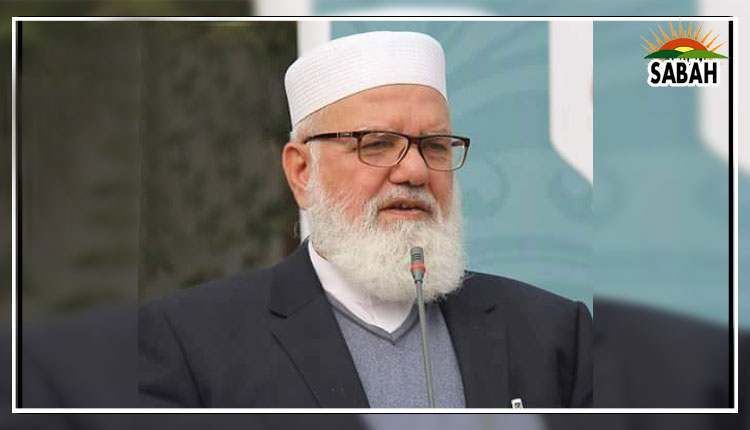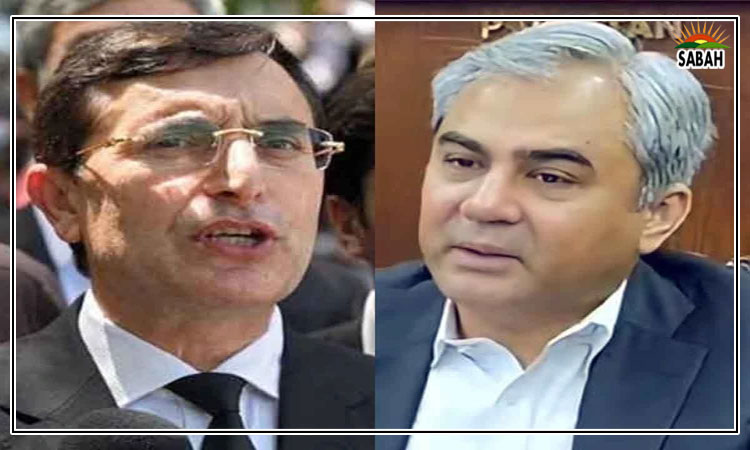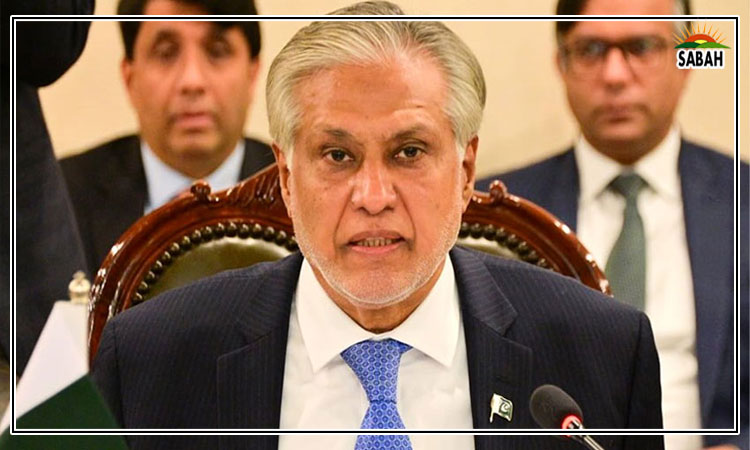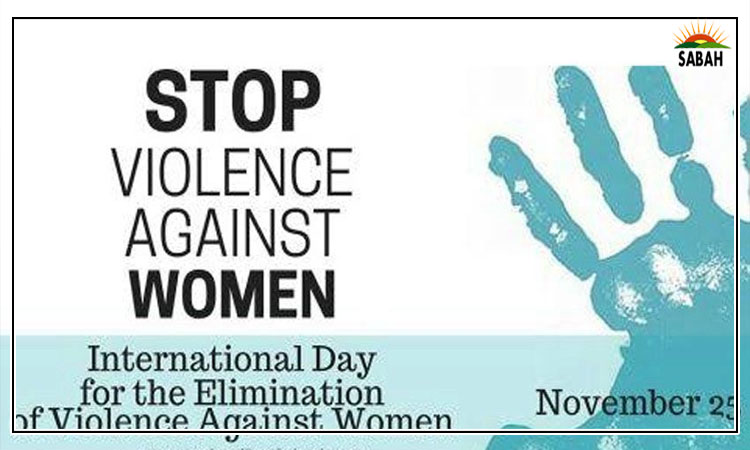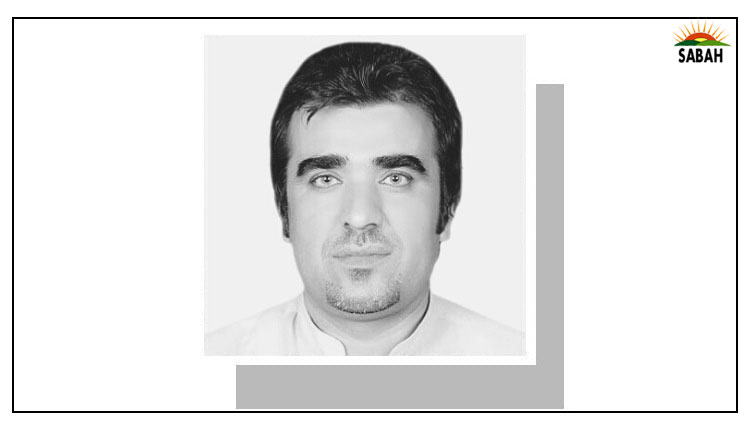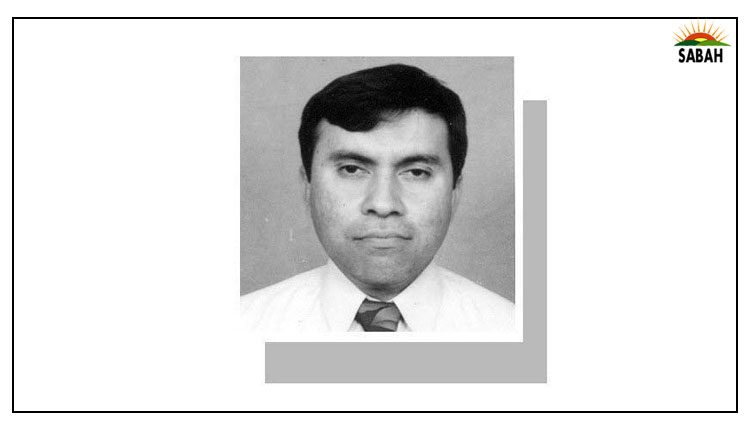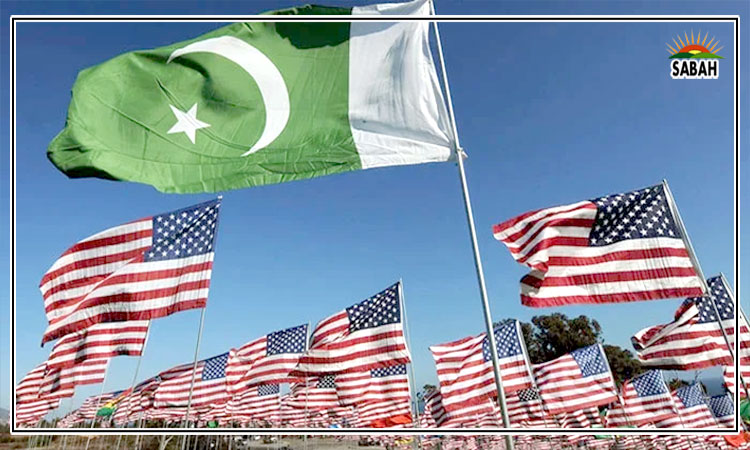Navigating Washington …. Dr Taimur Shamil
Pakistan and US relations are generally underrated and often understated in many ways. A closer look at the areas of cooperation like the economy, people-to-people interaction, and regional peace and security brings out several occasions where Pakistan and the US were exceptionally cooperative.
However, there are issues where we see strategic divergence and political pragmatism. As the world prepares for new political mechanisms and the US prepares for general elections this year, Pakistan must formulate a comprehensive and renewed foreign policy approach to navigate Washington to tap into opportunities and avoid pitfalls in bilateral relations.
In recent times, several countries have repositioned themselves to cope with future challenges. The Saudi-Iran detente, US-India strategic cooperation, and China-Iran relations have marked the day. These developments will change the way power works in the 21st century. It is important to understand how the US is likely to shape these developments, directly and indirectly. However, before moving on to the discussion on US-Pakistan relations, an overview of American domestic dynamics is crucial to understand.
Generally, there is an uptick in right-wing politics and nationalism globally, which is likely to have far-reaching political effects. The US is no exception, right-wing politics and economic conservatism have found new ways and manifestations in the US. American society has gone through various political and social changes.
Politics is one of the key areas that has changed American society in many ways. Former US president Donald Trump grips the political scene. He and his Republican Party have mass appeal among Americans. Moreover, Democrats seem to be struggling in finding new ways in which they can appeal to and connect with American voters. There are several reasons behind this. At some level, Democrats seem to be losing grip on the ideas and issues that the Democratic Party once stood for: debt, the role of government, abortion rights, peace, inclusivity, justice and other such positions have been undermined in various ways.
The antipathy regarding the handling of these issues by the Democrats is evident in American society. Ordinary Americans are increasingly concerned about the economy and job opportunities. Economic and financial trends in the US have been shifting and fluctuating over the years. This has caused insecurity and a sense of deprivation.
Beyond economy and employment, security is one of the key issues Americans are concerned about. A poll conducted by The Economist/YouGov in February this year about an ordinary American’s worldview suggests that 45 per cent Americans consider that “it’s a beautiful world out there and Americans must embrace each other and not allow themselves to be globally isolated.”
The poll also suggests that “42 per cent Americans believe that they are threatened by terrorists, criminals and illegal immigrants and their priority should be to protect themselves.” The margin between the two opposing ideas is very thin, which suggests that American society is divided on the issue. This also says a lot about where American politics is heading, and this may reflect in the upcoming election in the US this year. It is likely to be reflected in US foreign policy formulation too.
On the foreign policy front, the US is unlikely to change much in its dealings with China, Russia, the Middle East and South Asia. There will be an assertive foreign policy stance if former president Donald Trump comes to power. Things are likely to become increasingly challenging in the South Asian region, especially in security and strategic domains.
Looking at these trends, Pakistan must formulate a new and out-of-the-box foreign affairs strategy. Crafting innovative ways of doing diplomacy is crucial in a fast-moving world, especially in a fast-moving American society. New contours for engagement must be chalked out.
There are several areas where Pakistan can focus. The US offers a wide space to collaborate in business, technology, agriculture, artificial intelligence and several other domains. Pakistan must proactively engage with the outside world and explore new fields of innovation where it can invest for the future.
It is important to realize that the US has 50 states. Pakistan must go beyond Washington DC to improve bilateral relations. The road to DC goes through other respective states. The sooner Islamabad realizes this the better.
To expand its relations with the US, Pakistan must focus on the ‘states’. American society is vibrant, open, friendly and has great potential where Pakistan can collaborate. A holistic approach to engagement in various fields can create the right kind of environment for better relations.
This needs a well-thought-out diplomatic and people-to-people approach. A foreign policy that puts people first is likely to thrive better. An overhaul of foreign policy thinking, strategy and operational mechanisms is needed.
The writer holds a PhD in international relations, and is based in New York. He tweets/posts @ShamilTaimur
Courtesy The News


